
Blog
Step Guide to Buying Land Without a Real Estate Agent
Are you one of those savvy, independent spirits considering purchasing land without the assistance of a real estate agent? Well, you've come to the right place! This in-depth guide will walk you through the necessary steps to help you find and buy the perfect piece of land without becoming overwhelmed or paying pricey realtor commissions. You'll be on your way to becoming a proud landowner in no time, and you'll have done it all by yourself!
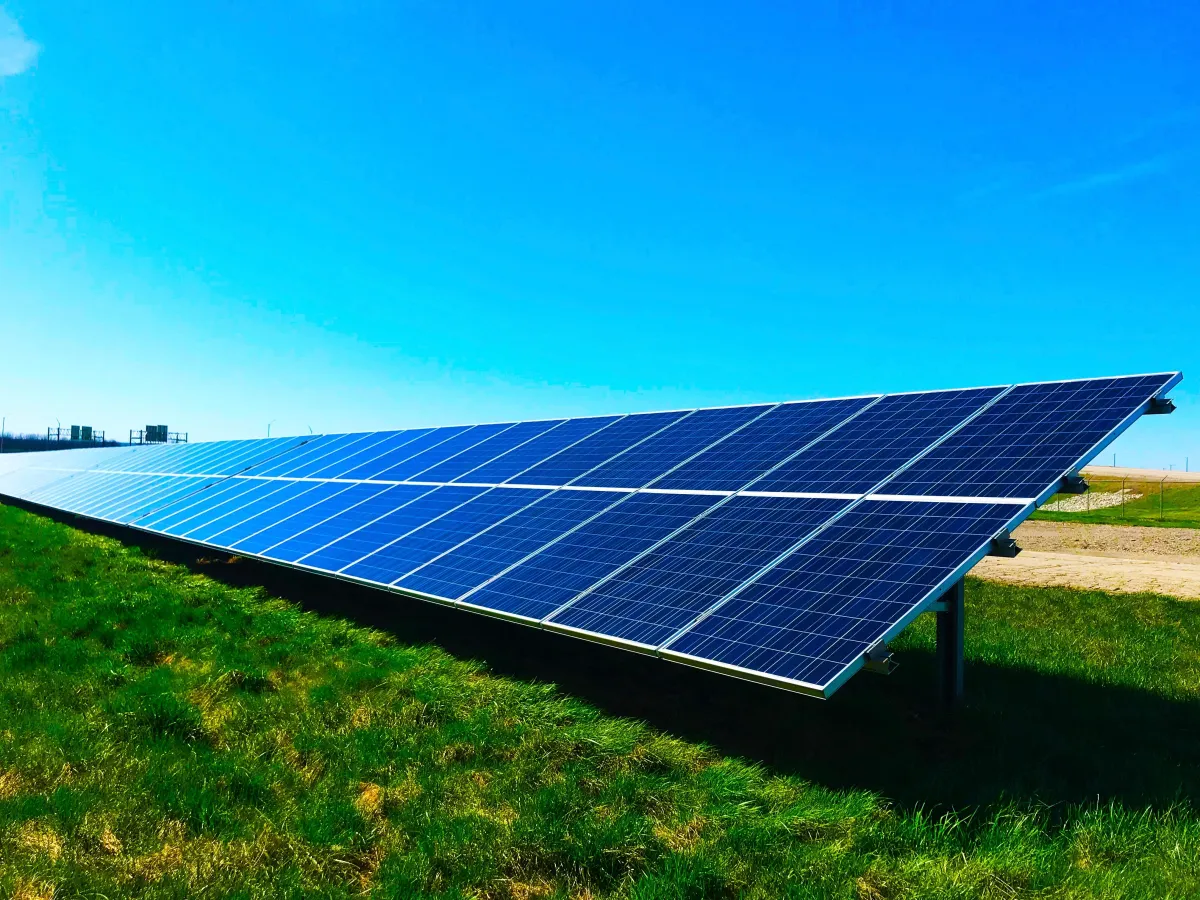
Do your research
Acquiring knowledge is the first step in making an informed decision, so be prepared to put on your Sherlock Holmes hat and start digging. Familiarize yourself with the local market and its trends. Look up property values, study comparable properties, learn about zoning restrictions, flood zones, and more. The more informed you are, the better equipped you'll be to make a smart purchase.
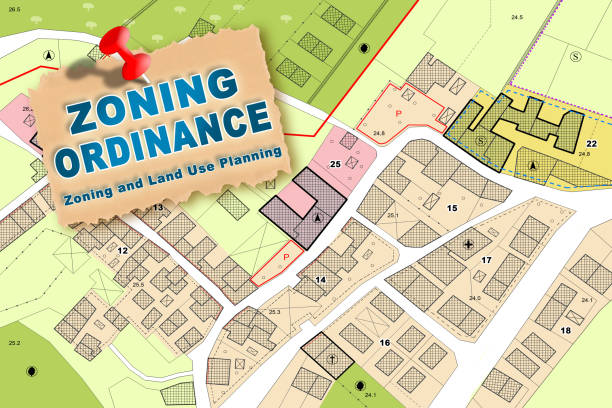
Understand zoning restrictions
Zoning is the regulation of land use and development by local authorities. These regulations can affect what you are allowed to build or how the land can be used, so it's essential to understand the zoning regulations for the property you're interested in. This is especially important if you have a particular purpose in mind for your land purchase, such as building a home, placing a tiny home, farming, or starting a business.

Determine your purpose
Knowing what you want to do with the property helps you narrow down your search and ensures that you're making a wise investment. Do you want to build a home or business, start a farm, or perhaps use the property for recreational purposes? Identifying your intentions will assist you in eliminating unsuitable properties and focusing on those that meet your criteria. See #2 above if you missed that!

Know your budget and stick to it
Setting a budget is crucial in avoiding financial strain and disappointment. Determine how much you're able and willing to invest, then stick to it. Keep in mind that you might also need to allocate funds for property improvement and maintenance, taxes, and other related costs. Having a clear understanding of your financial limitations will save you time and heartache. One benefit of buying without an agent however is no mandated % to realtors and sometimes the seller will carry the note so you can buy with low monthly payments. Hello savings!

Determine desired size and location
Size and location are crucial elements in your land search. Consider your goals for the property and what type of environment you want. Do you prefer rural or urban settings? Do you need a large parcel of land or something more modest? Do you want to be close to town for supplies or truly off grid in the middle of nowhere? Knowing these preferences will help narrow down your search and ensure you find the perfect match.

Start searching
With your newfound knowledge and criteria in place, you can begin actively searching for properties. Utilize online resources like Zillow, Craigslist, Facebook, and Landmodo to find available land in your desired area. Keep an eye out for For Sale By Owner (FSBO) listings, which often provide the best opportunities for striking a direct deal. Banks don’t typically offer loans on vacant properties, so going through someone who specializes in selling vacant land FSBO is your best bet to get the property you want with low monthly payments to stretch your dollars furthest.
Contact the seller directly
Once you've found a property that interests you, reach out to the seller personally through email or phone. This direct approach allows you to ask questions, clarify details, and express your interest without the involvement of an agent.

Negotiate the deal
Put your bargaining skills to good use and negotiate a fair deal with the seller. Be sure to take into account factors like market values, property condition, and your own financial limitations when making an offer. Remember to maintain a respectful and friendly communication to help foster a positive negotiating environment.

Legal considerations
Although you won't have an agent to guide you through the legalities, it's still crucial to ensure that all the necessary legal documents are in place. That’s why we recommend going through a company who specializes in selling vacant land and can help with the legal documents. Hiring an attorney to handle the paperwork can provide additional peace of mind and ensure that your investment is protected.
Conclusion
Buying land without a real estate agent can be a rewarding and cost-effective journey. By doing thorough research, understanding zoning restrictions, determining your purpose, and sticking to a budget, you'll successfully navigate the process solo. Take advantage of online search tools, communicate directly with sellers, and always keep legal considerations in mind. Congratulations, you're now on your way to becoming a confident and independent landowner!
“The best investment on Earth is earth.” Louis Glickman, American Business Executive
Investing in Vacant Land for Financial Security
Blog Introduction: Vacant land has long been a secure way to invest and protect one’s hard earned money. While the stock market can be unpredictable, investing in vacant land is a tangible asset that can be leveraged for financial security, much like gold and silver. Let’s explore the benefits of investing in vacant land as a financial security measure.

Financial Security
Vacant land has long been seen as one of the safest investments due to its potential for appreciation over time. As famously said by John D. Rockefeller, “The major fortunes in America have been made in land.”
As more businesses and people move into an area, the value of vacant land increases. With a little research and understanding, buying land can serve as an ideal investment for those looking to leverage their money for long-term financial stability and growth. Furthermore, your land will be an asset that can be sold or used as collateral should the need arise.
Date: 03-08-2022

Tangible Hard Assets
When stock market volatility has investors nervous, where do they turn for a secure place to put their money? Hard assets. Typically people think of gold and silver. Some savvy investors think about your typical real estate endeavors like long term rentals and multifamily housing. But fewer still know about the incredible investment opportunity of land ownership.
In the famous words of Mark Twain, “Buy land. They’re not making it anymore!” When we think about supply and demand, the reality that people will always need a place to live, and the sustainable and continued growth in vacant land prices it just makes sense to add a few properties to your portfolio.
Date: 03-08-2022
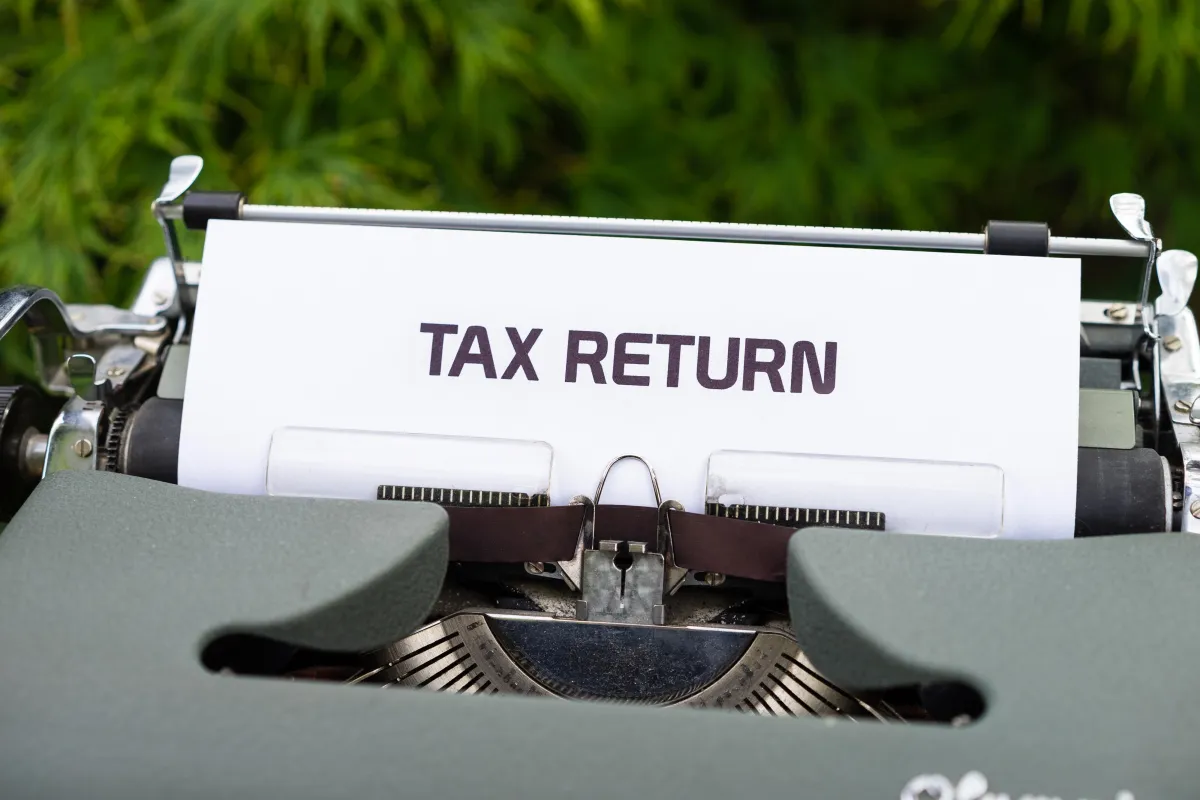
Tax Benefits
Owning vacant land also offers tax benefits in many cases. Depending on where you live, there may be tax incentives available to incentivize landowners to develop their property, donate it to conservation organizations, or even just allow farming, bee keeping, etc. to take place on the land. Additionally, some areas offer reduced taxes on vacant land as a way to encourage landowners to keep their properties undeveloped so that they remain open spaces or natural habitats. These tax breaks can help reduce your overall tax burden while still providing you with a solid investment option.
Date: 03-08-2022
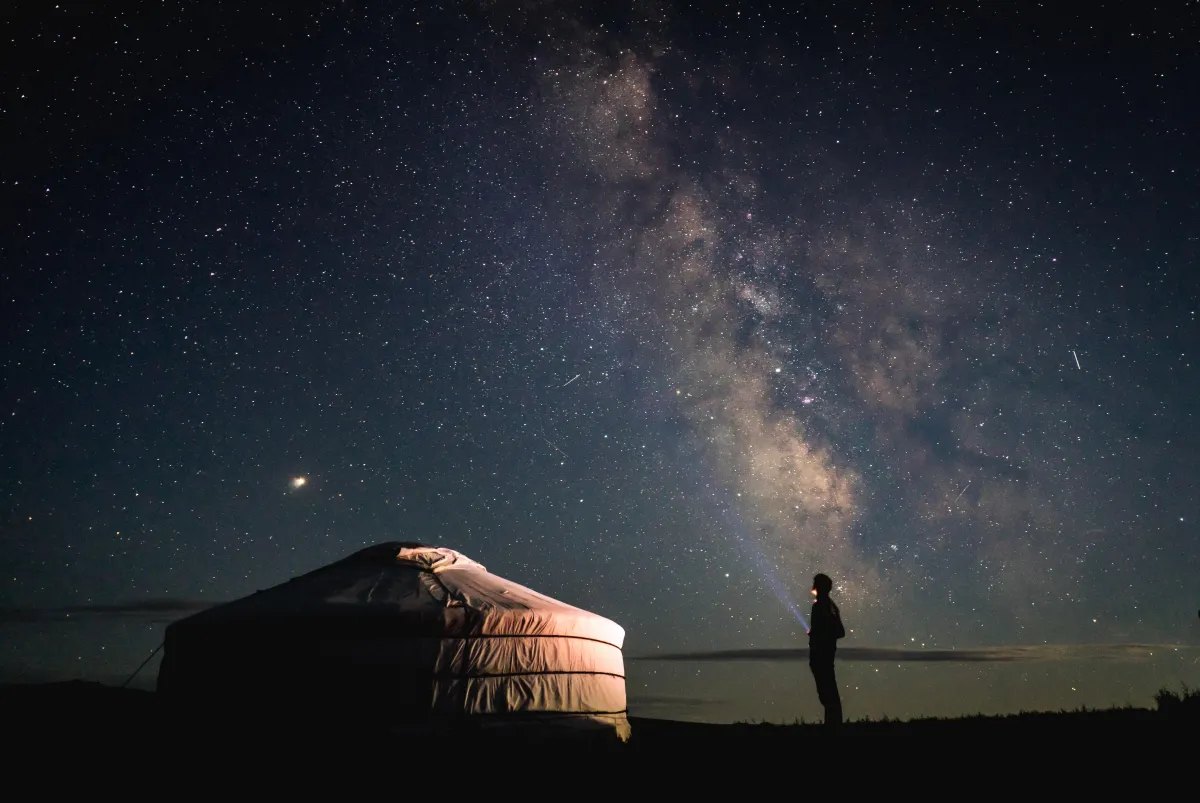
Cash Flowing Your Investment
With the growth and success of Airbnb and VRBO in the housing space, it’s not surprising that similar ideas have hit the land niche. With a good insurance policy you can safely rent out your land on sites like Hipcamp and Tentrr to adventure seekers who are willing to pay you to camp on your land. So while you’re earning steady returns on investment from the value of your land increasing over time, you can also bring in a monthly cash flow for added benefit.
Date: 03-08-2022

Portfolio Diversification
Lastly, investing in vacant land is an excellent way to diversify your portfolio and spread out risk when it comes to your finances. Having a diverse portfolio helps protect against fluctuations in the stock market or other economic issues that might otherwise put your investments at risk. By diversifying your portfolio with a secure investment like vacant land, you can protect yourself from potential losses while still earning returns from other ventures such as stocks and bonds.
Date: 03-08-2022
Conclusion
Owning vacant land can provide you with increased financial security due to its potential for appreciation over time, capacity for creative cash flow, and ability to act as collateral if necessary. Additionally, there are often tax incentives associated with owning vacant land which can help reduce your overall tax burden while still providing returns on your initial investment. Lastly, investing in vacant land is an excellent way to diversify your portfolio and spread out risk when it comes to your finances so that you have protection against fluctuations in the stock market, inflation, or other economic issues that might otherwise put your investments at risk. For these reasons, many entrepreneurs and business owners are now turning towards buying vacant lands as a way of protecting their hard-earned money while still taking advantage of potential long-term gains associated with this type of investment opportunity.
“I would give a thousand furlongs of sea for an acre of barren ground.”
Shakespeare
“The best investment on Earth is earth.”
Louis Glickman, American Business Executive
“He is not a full man who does not own a piece of land.”
Proverb
“Buy land, they’re not making it anymore.”
Mark Twain
“But land is land, and it’s safer than the stocks and bonds of Wall Street swindlers”
Eugene O’neill
“Don’t wait to buy real estate, buy real estate and wait.”
Will Rogers, actor
The Ultimate Guide to Embrace an Off-Grid Lifestyle
Ever dreamt of leaving the hustle and bustle of city life and living off the grid? If yes, then you're in with an ever-growing group of people who are stepping out of their comfort zones to live a life of self-sustainability and ecological balance. The off-grid lifestyle not only reduces your carbon footprint but also brings you closer to nature. In this blog, we provide you with a comprehensive guide on how to go off-grid by installing solar panels, reusing gray and black water, composting toilets, growing your own food, and reusing and repurposing building materials. Also, we will touch upon zoning restrictions that may apply to your off-grid dream.

Installing solar panels
Solar energy is a great way to harness the sun's power for your everyday needs. You can start by calculating the energy requirements of your household, which can be done by calculating your average energy consumption and then selecting the appropriate solar panel system that fits your needs. Make sure to place the panels in a strategic location that ensures maximum exposure to sunlight. You may need an energy storage system like batteries to store excess energy for use during times when there's no sunlight. Local solar businesses and installation experts are treasure troves of knowledge to help guide you through this process.

Reusing gray and black water
Water is a precious resource, and off-grid living is all about conservation. Gray water is water used for purposes like dishwashing or laundry; this can be easily filtered and reused to water your plants or clean the yard. It’s best to use natural soaps and detergents when planning to reuse your gray water.
Blackwater is from toilets and is not safe for direct reuse without adequate treatment. Constructing a wetland system with specific plant species can help break down contaminants in blackwater, allowing it to be utilized for irrigation purposes. Research the best options for your location and consult with professionals when necessary.

Composting toilets
Composting toilets are an excellent solution for off-grid living as they significantly reduce water usage compared to traditional flush toilets. These toilets use decomposing natural materials like sawdust or peat moss to break down human waste into nutrient-rich compost that can be used in the garden. There are various composting toilets available in the market, both self-contained and remote, so select the one that best fits your requirements and budget.
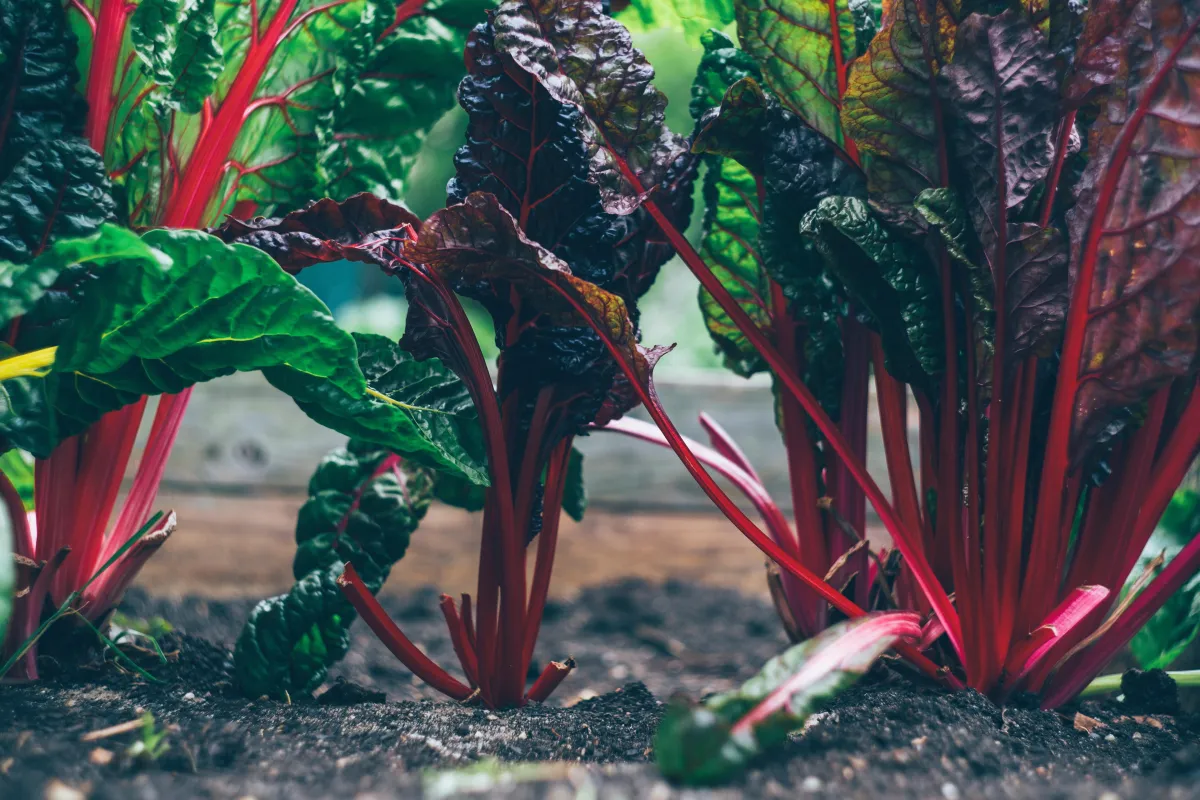
Growing your own food
Growing your own food is not just about saving money; it's also about ensuring the quality of the food that you consume. Consider growing vegetables, herbs, and even fruits that are suitable for your climate and soil type, and don't be afraid to experiment with different plant varieties. You can also raise livestock like chickens, rabbits, quail, or bees. Remember to harvest rainwater for irrigation purposes to conserve water further.
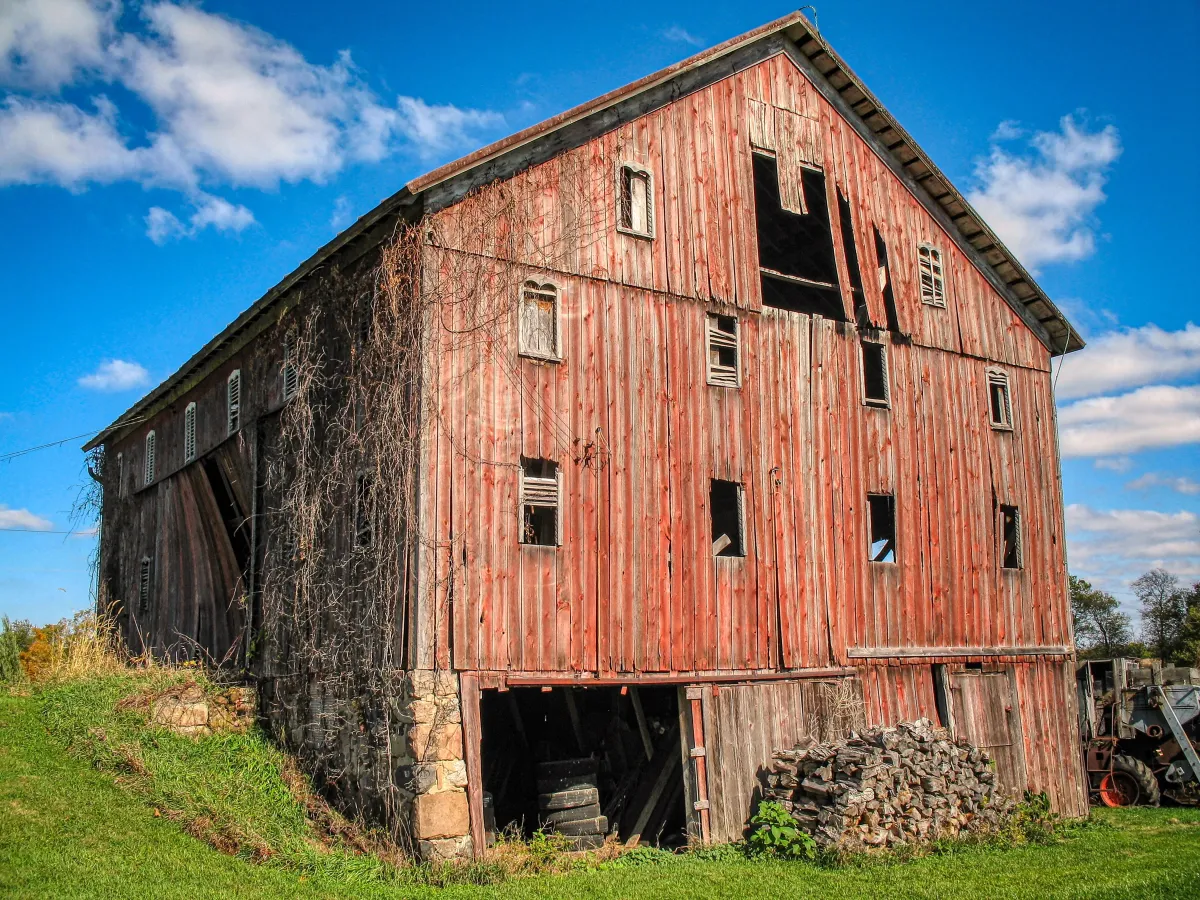
Reusing and repurposing building materials
One of the core principles of off-grid living is to reduce waste as much as possible. Instead of buying new, look for reclaimed or recycled building materials like wood, bricks, or metal that can still serve their purpose at a fraction of their original cost. Beyond the environmental benefits, repurposed materials can also add a unique and rustic touch to your off-grid home, making it a truly one-of-a-kind sanctuary. Think Earthship! Not sure what that means? Look it up for the ultimate inspiration!
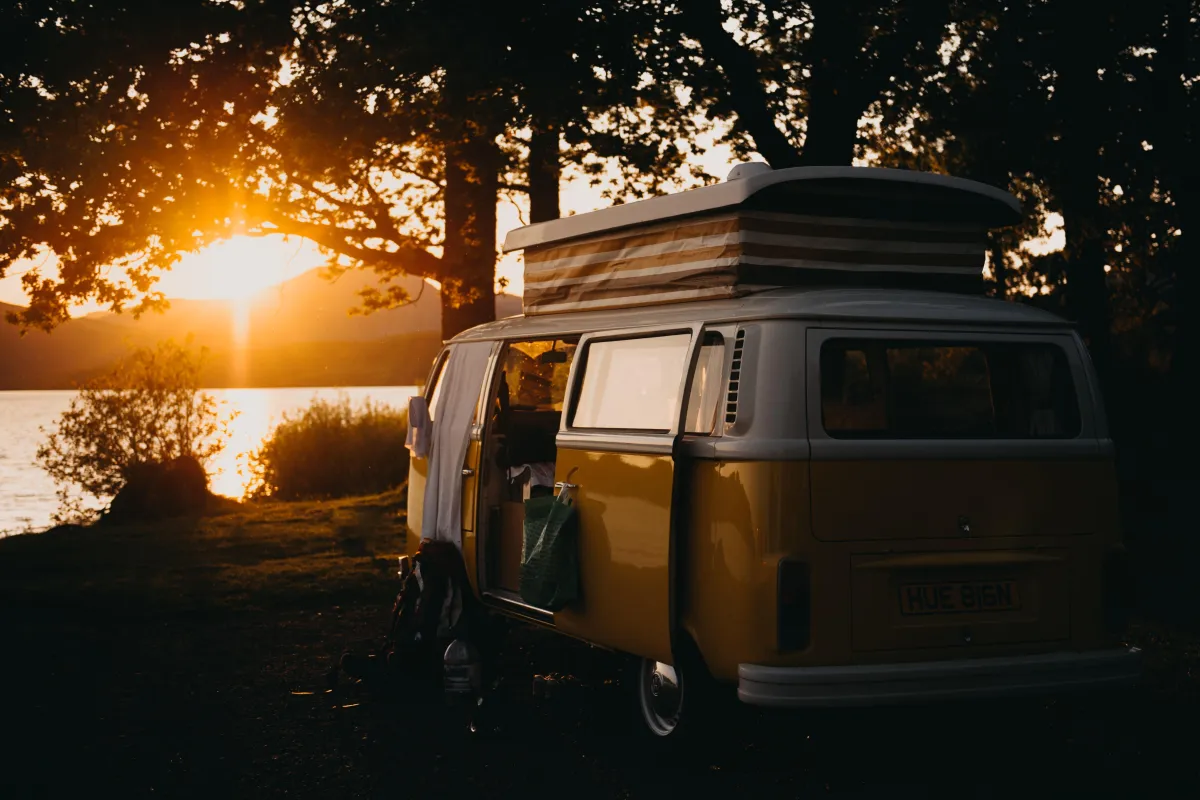
Zoning restrictions
Before you start your off-grid journey, it's essential to be aware of zoning restrictions and land-use regulations that may apply to your chosen location. These can include the land's classification, restrictions on recreational vehicles as permanent residences, building code requirements, and sanitation regulations. Consult with local zoning authorities to ensure compliance and avoid legal issues down the road.
Conclusion
Going off-grid might seem intimidating at first, but with thorough research and a willingness to adapt, it can be a rewarding and liberating journey. By embracing renewable energy sources, conserving water, managing waste responsibly, and growing your own food, you can live a sustainable and fulfilling life. Not only will you be making a positive impact on the environment, you'll also enjoy the wholesome experience of living in complete harmony with nature. So, gather your resources, plan cautiously, and embark on this exciting adventure towards an off-grid lifestyle.
What to Look for and Avoid When Choosing Land For Your Family Farm?
What to Look for and Avoid When Choosing Land For Your Family Farm?
Ah, the simple life! More and more people are discovering the joys of living off the land, growing their own food, and escaping the daily grind of a 9-to-5 existence. But how much land do you need to build a family farm? From humble homesteads to sprawling acres, finding the perfect amount of land for your lifestyle can be a daunting task. Let’s take a look at what factors to consider when looking for vacant land, whether it's buildable, flood zone considerations, and zoning restrictions. Let's dive in!
Size Matters: How Big (or Small) Should Your Farm Be?
The amount of land you need for your family farm depends on a variety of factors, such as how many people are in your family, how self-sufficient you want to be, and your farming goals. For instance, if you have a small family and mainly want to focus on growing vegetables and raising a few livestock, you might only need a few acres. On the other hand, if you have a larger family or plan on producing enough crops and livestock for commercial purposes, you'll likely need much more space.
Looking for Land: What's Your Perfect Plot?
When searching for vacant land, it's essential to consider factors such as location, land quality, and access to resources like water, electricity, and roads. For example, farmable land should have fertile soil, be relatively flat, and receive plenty of sunlight. It's also helpful if the land has some tree cover or natural windbreaks to protect your crops and livestock. Additionally, consider how close the land is to your home (if you're not planning on living on the farm) and whether there are any nearby markets where you can sell your goods.
Build, Baby, Build: Is It Buildable?
Before buying land for your family farm, you should check whether it's buildable or not. This means finding out if there are any restrictions or regulations that would prevent you from constructing buildings or infrastructure. You can usually do this by contacting your local zoning department or planning commission. Also, make sure the property has soil tests and percolation tests on file, as these results will give you a better idea of whether the land is suitable for building and installing a septic system. Some counties require a home to be built prior to other structures (i.e. garage, barn, etc.) so be sure you know all of the legal requirements before you buy.
Splish, Splash: Is Your Land in a Flood Zone?
Nobody wants their farm to go underwater, so it's crucial to check whether your potential land is situated in a flood zone. To find this information, consult your local flood maps and speak with officials in the area. Not only will this help you avoid costly repairs and damage to your farm, but it could also save you from spending unnecessary extra money on flood insurance.
Know the Zone: Zoning Restrictions and Regulations
Familiarizing yourself with the local zoning restrictions and regulations is essential before purchasing land for your family farm. Some areas might have restrictions on agriculture, livestock, building sizes, or other factors that could impact your farm's operation. Check with your local zoning department or planning commission to ensure your soon-to-be farm complies with all requirements, and consider hiring a land use attorney if there are any discrepancies or potential problems.
Conclusion
Farming and Future Harvests
Ultimately, the size and location of your family farm will depend on your unique needs, goals, and preferences. By considering factors such as land size, quality, buildability, flood zones, and zoning restrictions, you can find the perfect plot to nurture your farm dream into a flourishing reality. So go on, gather your seeds and overalls, and embark on your journey to living off the land with your very own family farm.
VIP Buyers List
Be among the first to know about our newest properties and receive special VIP discounted pricing

Our Goals
At Canopy 1 Properties our goals are simple; provide extraordinary customer service while helping our clients find the perfect land to make their dreams come true AND making a positive difference in the world.
That’s why we make the buying process easy for you and we donate a portion of our proceeds to help save rainforests worldwide and to other worthy causes.
Latest Listings
1.24 ac Wild West Dream Where FREEDOM Still Rings!
Ultimate Getaway on 1.15 acres by Lake Mead
MORE for your money- 6.54 ac Recreational Escape at Petrified Forest
Copyright © 2023 Canopy 1 Properties